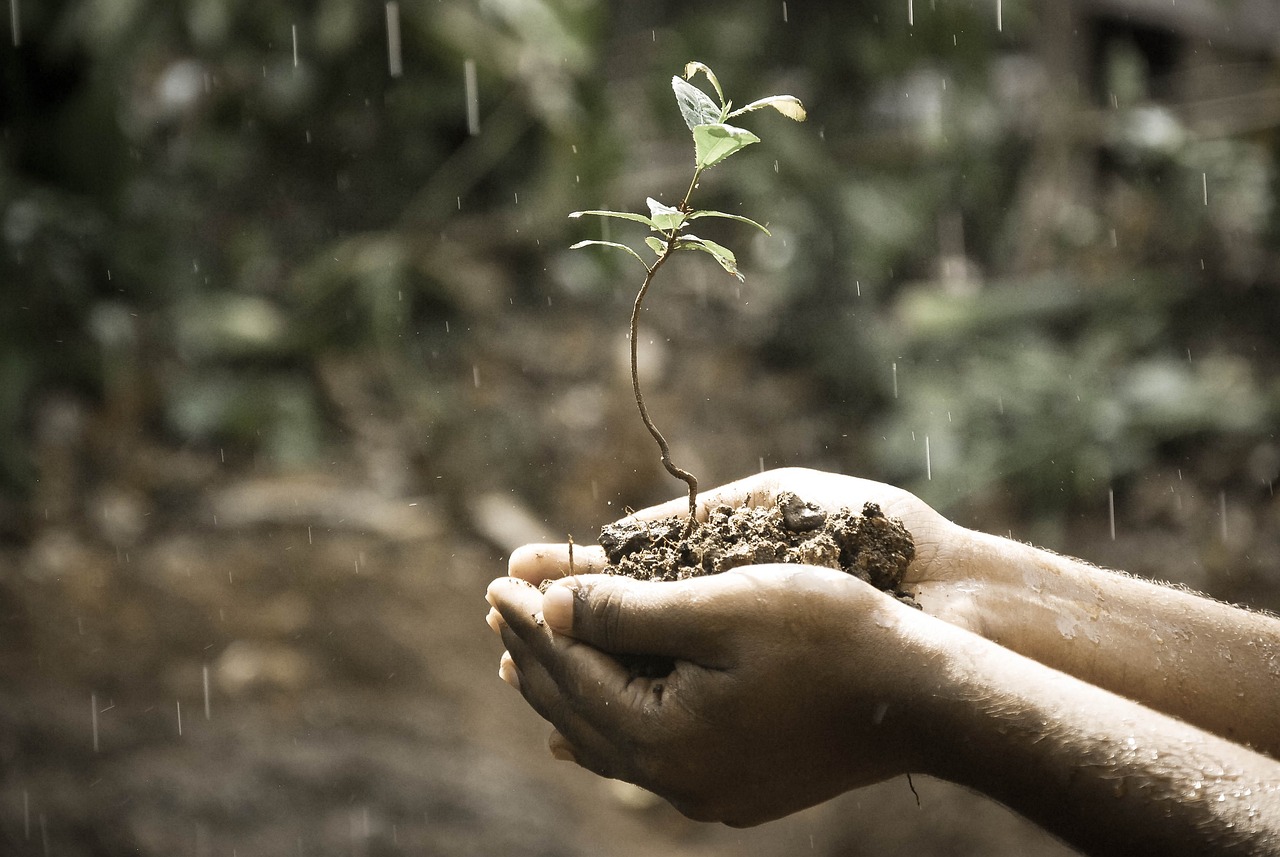Life on Earth has undergone a long and intricate evolutionary journey, from the simplest molecules to the vast biodiversity we see today.
Central to this journey are microorganisms—bacteria, fungi, and viruses—which have shaped the very fabric of existence. These microscopic entities were not merely accidental occurrences but essential contributors to evolution, forming complex symbiotic relationships crucial for all living beings' survival. The idea that evolution is solely about dominance and survival through conquest must be re-evaluated; instead, cooperation and interdependence have allowed life to flourish.
The Origins of Microbial Life.
Evolution began billions of years ago in a primordial world of simple organic molecules. The first self-replicating entities, possibly RNA-based, emerged in an ancient ocean rich in chemical compounds. These primitive molecules gradually gave rise to prokaryotic cells—bacteria—the oldest known life forms, dating back over 3.5 billion years. Bacteria were the first to harness energy, develop metabolic pathways, and adapt to extreme environments, laying the foundation for all subsequent life forms.
Fungi, evolutionarily distinct from bacteria, arose later as eukaryotic organisms. Unlike bacteria, they possess complex cellular structures, including nuclei and organelles. Fungi played a fundamental role in decomposing organic matter, recycling nutrients, and forming symbiotic partnerships with plants, aiding in the colonization of land.
Viruses, on the other hand, are unique entities that defy traditional definitions of life. They are not fully living organisms but somewhat genetic material encased in protein shells, capable of hijacking host cells to replicate. Their origins remain debated, but they are believed to have evolved alongside or from early cellular life. They act as destroyers and facilitators of genetic exchange, contributing to evolutionary progress through gene transfer.
The Role of Symbiosis in Evolution
Although evolution is often described in terms of competition, symbiosis—the mutual dependence of organisms—has driven major evolutionary leaps. Early bacteria formed cooperative relationships, such as those in stromatolites, layered microbial communities that provided stability in harsh environments. Over time, symbiotic interactions became even more intricate, leading to the emergence of complex life.
One of the most significant events in evolutionary history was the endosymbiotic theory, which explains how eukaryotic cells evolved, including those of plants and animals. A primordial eukaryotic ancestor engulfed bacteria capable of producing energy, eventually forming mitochondria—the powerhouses of cells. Similarly, photosynthetic bacteria gave rise to chloroplasts in plants. Without this symbiotic integration, multicellular life as we know it would never have evolved.
Fungi also developed symbiotic relationships with plants through mycorrhizae, where fungal networks extend the root systems of plants, helping them absorb water and nutrients while receiving carbohydrates in return. This mutually beneficial relationship allowed plants to spread across land, transforming the planet's ecosystems.
Even viruses, often seen as mere pathogens, have played a role in shaping life. Viral genes have been integrated into the genomes of various organisms, influencing evolution in unexpected ways. In humans, remnants of ancient viral infections contribute to essential processes such as embryonic development and immune system function. Without these vital contributions, complex organisms might not have emerged.
The Need for a Shift in Perspective: From Conquest to Coexistence
For too long, the prevailing narrative in biology and society has been one of dominance—of life struggling to conquer and rule over other forms. This perspective extends beyond evolution into human behaviour, where competition, exploitation, and conflict define our interactions. However, the natural world tells a different story, where cooperation and symbiosis are the proper drivers of progress.
Microorganisms do not merely fight for survival; they engage in complex networks of mutual support. Bacteria in our gut, for instance, are indispensable for digestion and immunity. The microbial world is not one of endless warfare but of delicate balance, where each species plays a role in maintaining harmony.
The same lesson applies to human civilization. If we continue to operate under a mindset of conquest—whether through warfare, environmental destruction, or economic exploitation—we risk destabilizing the very systems that sustain us. As bacteria, fungi, and viruses have demonstrated, survival is not about eliminating others but about coexisting to benefit all.
The most significant evolutionary advantage is not the ability to dominate but the ability to adapt, cooperate, and evolve together. Recognizing this fundamental truth is essential for the future of humanity.
The era of 'Kill, Conquer, and Rule' must end. Instead, we must embrace a philosophy of coexistence, where every living being is valued for its role in sustaining life. Only through this shift in perspective can we hope to build a future that mirrors the true nature of evolution—one of interconnectedness and mutual survival.

